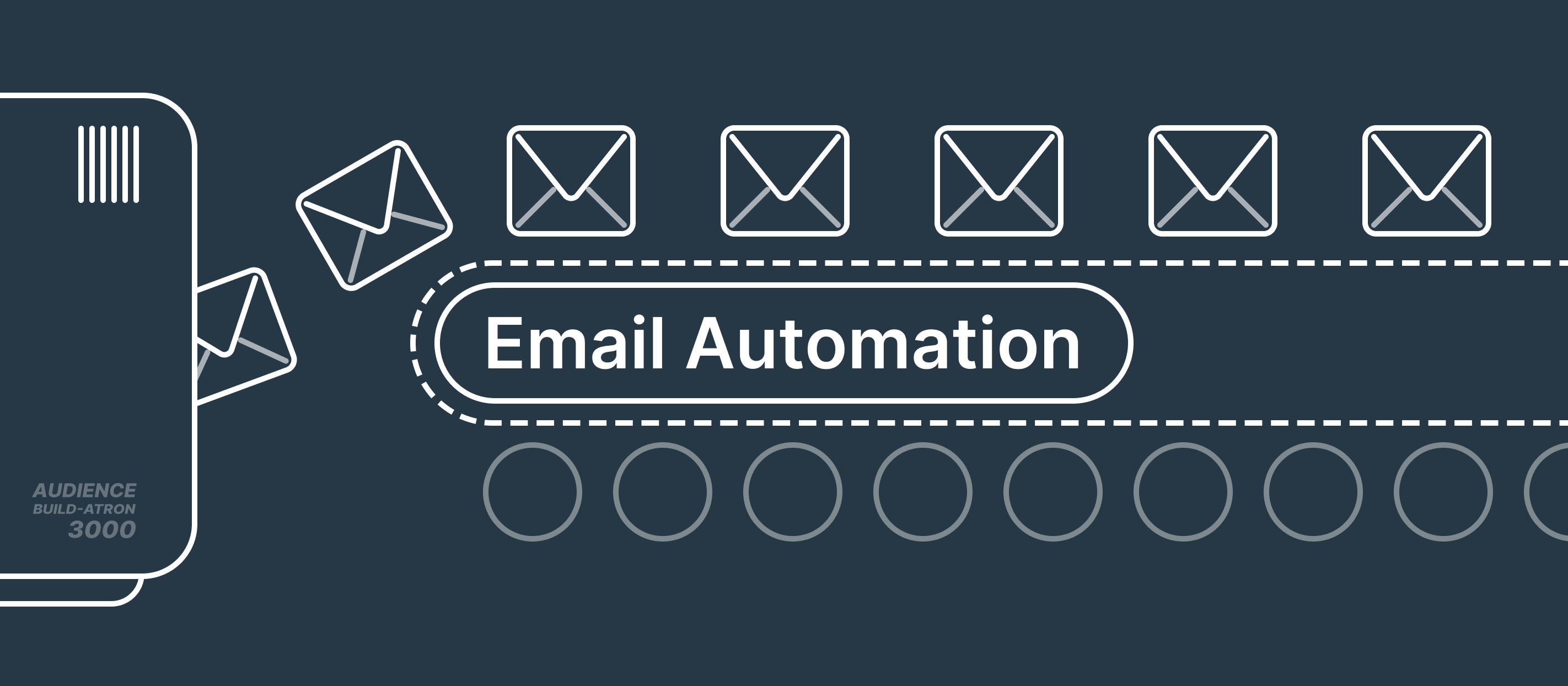Email Marketing Mastery in 2025: Skyrocketing Engagement with No-Code Strategies
Imagine this: 57.8% of marketers say their email campaigns directly drive revenue, yet most struggle to keep subscribers engaged beyond the first click. In 2025, standing out in crowded inboxes isn’t just about flashy designs—it’s about delivering hyper-relevant, personalized experiences at scale. Apple’s Mail Privacy Protection and evolving privacy laws have disrupted traditional metrics like open rates, pushing email marketers, founders, product builders, tech entrepreneurs, SaaS teams, and indie makers to prioritize clicks, conversions, and subscriber trust.
This blog post dives deep into actionable strategies to master email marketing in 2025. You’ll get frameworks, workflows, and real-world examples to craft high-converting emails using no-code tools like MailGlider. Whether you’re a solo founder or a SaaS team, these insights will help you cut through the noise and build campaigns that deliver measurable results.
Why Email Marketing Still Rules in 2025
Email remains the workhorse of digital marketing with a jaw-dropping 36:1 ROI. Why? It’s direct, scalable, and lets you meet customers where they are—whether they’re casual browsers or ready-to-buy leads. But here’s the catch: subscribers now expect hyper-personalized, mobile-optimized, and eco-conscious emails. Fail to deliver, and your carefully crafted campaign ends up in the spam folder.
In 2025, success hinges on three pillars:
- Relevance: Micro-segmentation and behavioral targeting to send the right message at the right time.
- Engagement: Interactive, accessible designs that work across devices and spark action.
- Trust: Compliance with privacy laws and authentication (SPF, DKIM, DMARC) to ensure deliverability.
Let’s break down how to nail these with practical frameworks and MailGlider’s no-code editor.
Framework 1: Micro-Segmentation for Hyper-Relevance
Gone are the days of blasting generic emails to your entire list. In 2025, micro-segmentation—dividing your audience based on behavior, preferences, and intent—is non-negotiable. Why? Segmented campaigns can boost clicks by up to 50%.
How to Segment Like a Pro
- Behavioral Triggers: Use actions like cart abandonment, website visits, or feature usage to tag subscribers. For SaaS teams, tag users who haven’t logged in for 7 days or those who used a specific feature.
- Demographic + Device Targeting: Combine location, age, or device type. For example, target Middle East users on mobile with lightweight, responsive templates.
- Purchase Intent: Identify high-intent leads (e.g., users who viewed pricing pages) using your CRM or eCommerce platform.
Pro Tip: Use MailGlider’s built-in templates to skip starting from scratch. Customize pre-built flows for welcome emails, re-engagement campaigns, or upsell sequences in minutes.
Framework 2: Designing High-Converting, Accessible Emails
In 2025, email design isn’t just about aesthetics—it’s about engagement and accessibility. With 1.3 billion people living with visual impairments, accessible design is a must. Plus, mobile-first design is critical, as over 50% of emails are opened on mobile devices.
Key Design Principles for 2025
- Mobile-First: Ensure emails render perfectly on small screens with responsive templates.
- Accessibility: Use high-contrast colors, alt text for images, and semantic HTML for screen readers.
- Interactive Elements: Add micro-animations (e.g., hover effects, animated CTAs) to boost engagement without slowing load times.
- Eco-Conscious Design: Use smaller images and lighter templates to reduce your email’s carbon footprint (a single email can emit 0.3–26 grams of CO₂).
Pro Tip: Try this with MailGlider’s no-code editor to add AMP-powered elements like image carousels or real-time content that updates when opened (e.g., latest blog posts).
Framework 3: Automating for Scale and Efficiency
Automation is the backbone of modern email marketing, saving teams weeks of manual work. In fact, 51% of marketers spend two weeks or more creating a single email without automation. For SaaS teams and founders, automation means nurturing leads and retaining customers without burning out.
Must-Have Automation Workflows
- Welcome Series: Onboard new users with a 3-email sequence introducing your product and offering value (e.g., a free resource).
- Abandoned Cart: Recover lost sales by targeting users who left items in their cart with a personalized reminder.
- Re-Engagement: Win back inactive subscribers with a “We Miss You” campaign offering an incentive.
- Upsell/Cross-Sell: Promote complementary products or upgrades to existing customers.
Busting the Open Rate Myth
Here’s a mindset shift: stop obsessing over open rates. Apple’s Mail Privacy Protection has made open rates unreliable, with some platforms inflating metrics by up to 20%. Instead, focus on click-through rates (CTR) and conversions, which reflect actual subscriber engagement.
Best Practice Checklist for 2025
Before hitting “send,” run through this checklist to ensure your emails shine:
- Segment Smartly: Use behavioral and demographic data to target the right audience.
- Design for All: Ensure mobile-first, accessible, and eco-conscious templates with MailGlider’s no-code editor.
- Automate Wisely: Set up at least one automation (e.g., welcome series) to save time and scale impact.
- Test and Optimize: A/B test subject lines
- Stay Compliant: Verify SPF, DKIM, and DMARC settings to avoid spam filters.
- Focus on Clicks: Prioritize CTR and conversions over unreliable open rates.
Conclusion: Your Path to Email Mastery
In 2025, email marketing isn’t just a channel—it’s a relationship-building engine. By combining micro-segmentation, accessible design, and smart automation, you can turn subscribers into loyal customers. Tools like MailGlider make this accessible for everyone, from indie makers to SaaS teams, with no-code templates that simplify the process. Start small: pick one framework from this post, implement it with MailGlider, and watch your engagement soar. The inbox is yours to conquer—make every email count.



